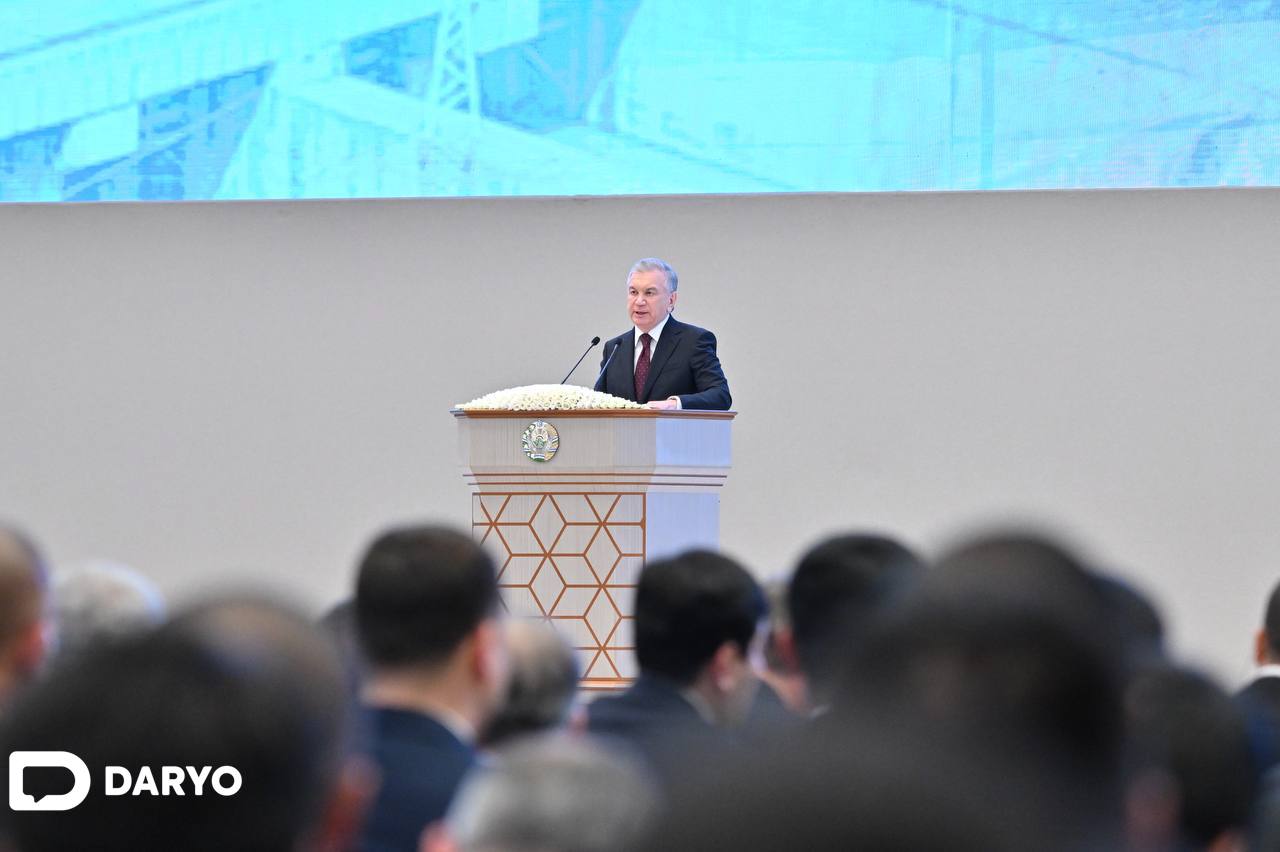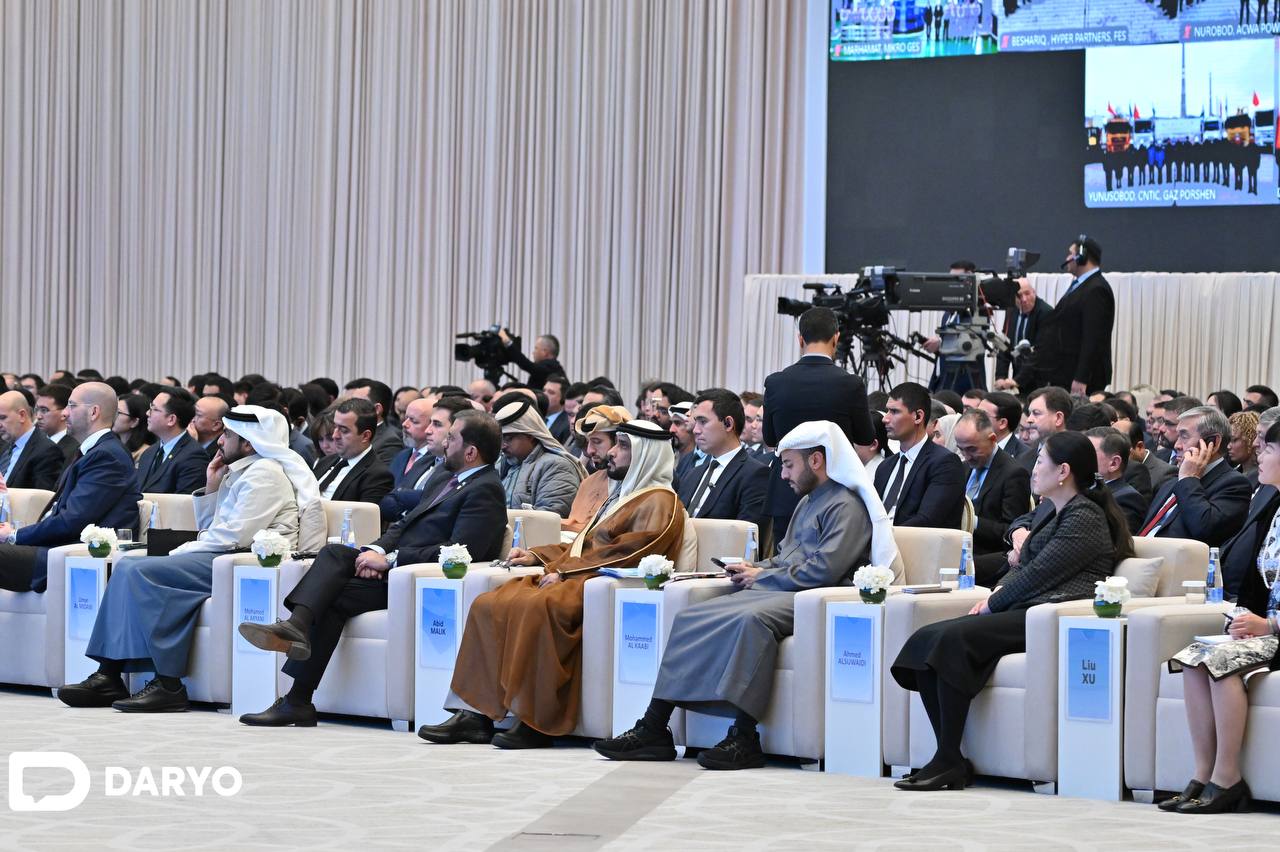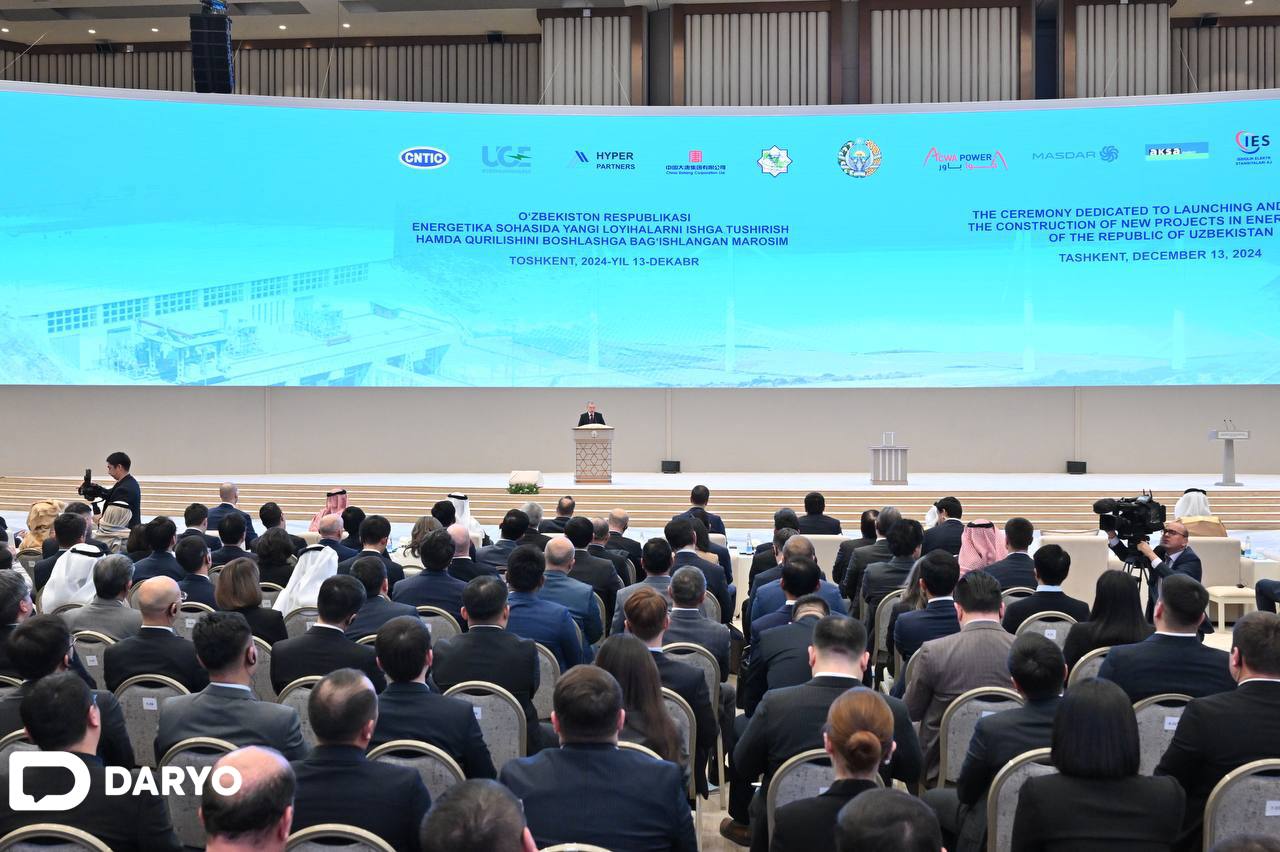President Shavkat Mirziyoyev announced ambitious plans for Uzbekistan’s economic and energy future during the inauguration of several energy sector projects. The president emphasized that the country’s economy is on track to reach $200bn by 2030, doubling from the $100bn GDP milestone achieved in 2023.

Energy Reforms Drive Green Energy Growth
President Mirziyoyev noted that the newly launched projects are a continuation of the large-scale energy reforms initiated eight years ago. These reforms have propelled Uzbekistan to take significant strides in green energy development.
Over the past five years, Uzbekistan has attracted nearly $20 bn in direct foreign investments into the energy sector, thanks to increased private sector involvement. Previously entirely state-run, the sector has since evolved to include 24 independent energy producers.
In the field of green energy, Uzbekistan has launched 16 large solar and wind power plants with a combined capacity of 3,500 MW or 10 bn kWh. This has raised the share of green energy in the national energy mix to over 16% in 2024. President Mirziyoyev highlighted that in just a short time, Uzbekistan managed to double or triple the capacity of eco-friendly energy sources annually.
Rising Electricity Demand and Future Goals
The president outlined that electricity demand in Uzbekistan is expected to increase by 1.5 times over the next five years, reaching 120 bn kWh. To meet this demand, Uzbekistan has committed to ambitious renewable energy targets. By 2030, the country plans to generate an additional 19,000 MW of green energy, raising the share of renewables to 54%.
In the shorter term, 18 solar and wind plants with a capacity of 3,400 MW and 1,800 MW of energy storage systems will be launched by 2025. These additions will enable Uzbekistan to produce 12 bn kWh of green energy annually, enough to power 5 mn households while preventing the release of 6.5 mn tons of harmful emissions.

Private Sector and Public-Private Partnerships
President Mirziyoyev emphasized the importance of further encouraging private sector participation in the energy sector. By the end of 2024, Uzbekistan plans to establish a wholesale electricity market through competitive trading. Additionally, public-private partnerships will expand beyond large power plants to other areas of the energy industry.
In cooperation with private entrepreneurs, the government will launch a major program to build over 2,000 small and micro hydropower plants in the next two years. These initiatives will further diversify Uzbekistan’s energy portfolio while boosting private sector involvement.
International Cooperation and Green Energy Exports
Regional and international partnerships are at the forefront of Uzbekistan’s green energy strategy. As a first step, an agreement was signed during COP29 with partners from Kazakhstan, Azerbaijan, and Saudi Arabia to export green energy to Europe. The president also announced plans to launch a unified platform with neighboring countries to ensure the stability of the regional energy system.

Environmental Commitments and 2025 Initiatives
Uzbekistan has pledged to reduce harmful gas emissions by 35% by 2030 under the Paris Agreement. The president expressed readiness to extend this commitment further to 2050. To support these goals, 2025 has been declared the “Year of Environmental Protection and Green Economy” in Uzbekistan.
The president also reaffirmed the government’s commitment to scaling up green energy and energy efficiency initiatives, signaling a new phase of energy reforms aimed at sustainability and economic growth.
“These projects are a clear continuation of the transformative reforms we started eight years ago. Opening the energy sector to private investment has allowed us to take significant steps forward,” said President Mirziyoyev. “With nearly $20 billion in direct foreign investments attracted in the last five years, this progress reflects the trust in our reforms and our vision for the future.”
By expanding partnerships with regional and global players, Uzbekistan is positioning itself as a leader in renewable energy and sustainable economic development.
Comments (0)